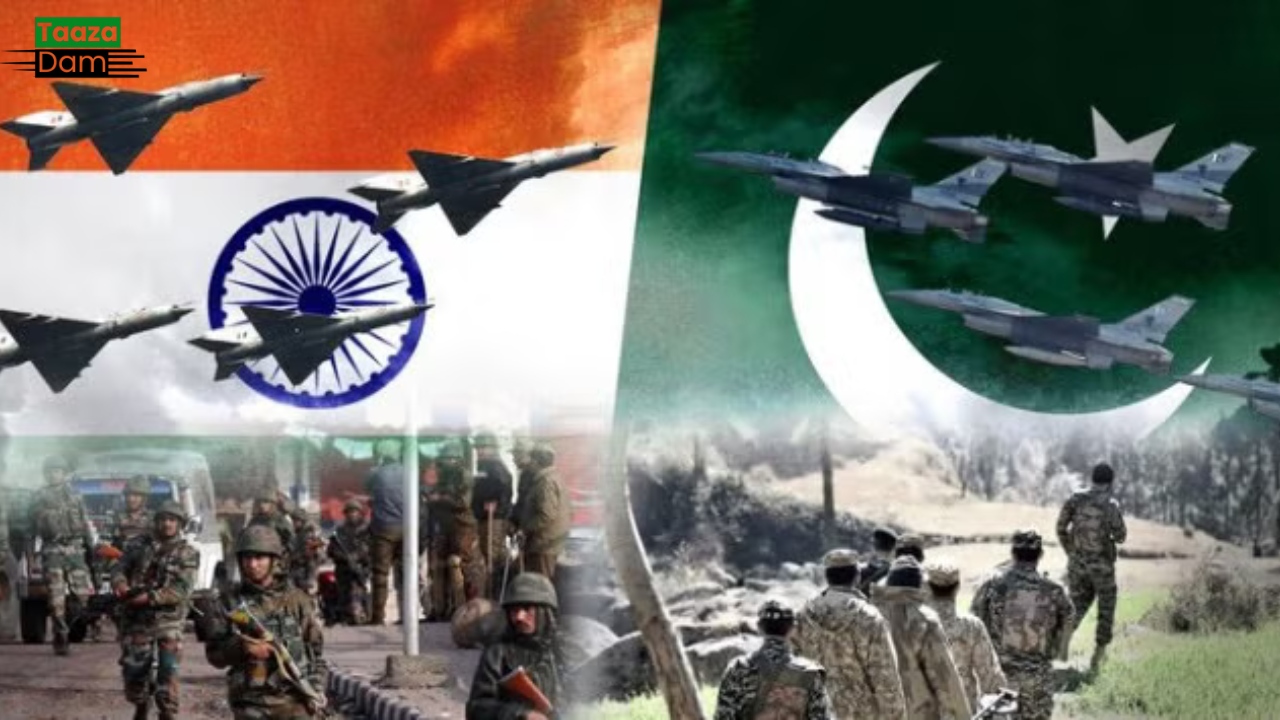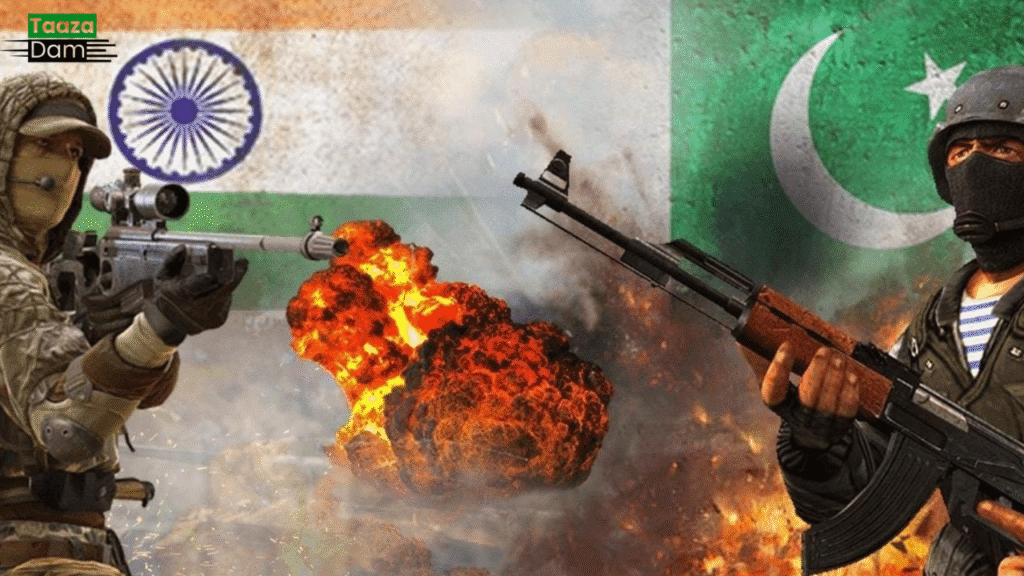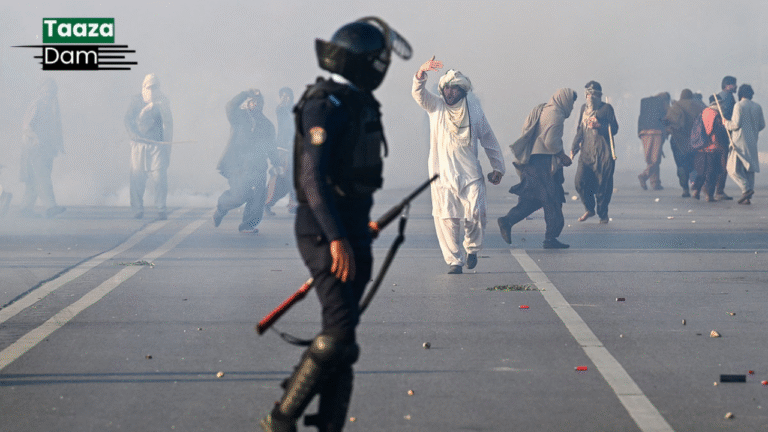High Alert: India vs Pakistan Tensions Raise Nuclear War Fears

India-Pakistan Nuclear War: A Growing Global Concern
The India-Pakistan conflict remains one of the most volatile flashpoints in global geopolitics. With both nations armed with nuclear weapons, any escalation poses a threat not just to South Asia, but to global peace and stability. Recent developments have reignited fears over the potential for a nuclear war between the two rivals.
A History of Hostility
Partition and Early Conflicts
Since the partition of British India in 1947, India and Pakistan have fought three major wars—in 1947, 1965, and 1971—along with the Kargil conflict in 1999. Kashmir has remained the core issue fueling animosity between the neighbors.
Nuclear Capabilities
- India conducted its first nuclear test in 1974.
- Pakistan followed in 1998 after India’s series of tests.
Both countries now maintain active nuclear arsenals and delivery systems, including ballistic missiles.
Recent Tensions and Military Posturing
Cross-Border Clashes
In recent years, border skirmishes and terrorist attacks have worsened relations. Key flashpoints include:
- The Pulwama attack (2019)
- Balakot airstrikes (2019)
- Continued ceasefire violations along the Line of Control (LoC)

Nuclear Rhetoric
Both governments have, at times, made veiled threats suggesting a willingness to use nuclear weapons under extreme circumstances—especially in defense or retaliation.
Global Response and Diplomatic Pressure
International Concern
Global powers like the United States, China, and Russia, along with organizations like the United Nations, have repeatedly urged restraint. The possibility of even a limited nuclear exchange would cause:
- Mass casualties
- Severe environmental damage
- Economic shockwaves
Calls for Dialogue
Efforts to initiate diplomatic dialogue have seen limited success. Backchannel talks and third-party mediation are ongoing but often disrupted by political developments or public sentiment in both countries.
What Would a Nuclear War Mean?
Catastrophic Human Cost
A nuclear exchange—even a limited one—could result in:
- Millions of deaths within hours
- Widespread radiation poisoning
- Long-term displacement and infrastructure collapse
Environmental Fallout
- Climate models predict “nuclear winter” scenarios.
- Global agricultural collapse and famine risks could follow.
The Urgent Need for Peace
Promoting Regional Stability
Both India and Pakistan must:
- Strengthen communication channels
- Avoid provocative military moves
- Invest in diplomacy and people-to-people contact
The Role of the International Community
Global powers must remain engaged, encouraging arms control agreements and conflict de-escalation through diplomacy and multilateral frameworks.
Conclusion
While the idea of a nuclear war between India and Pakistan is chilling, it remains a preventable disaster. Diplomatic efforts, public awareness, and responsible leadership are critical in steering the region away from catastrophe and toward peaceful coexistence.






